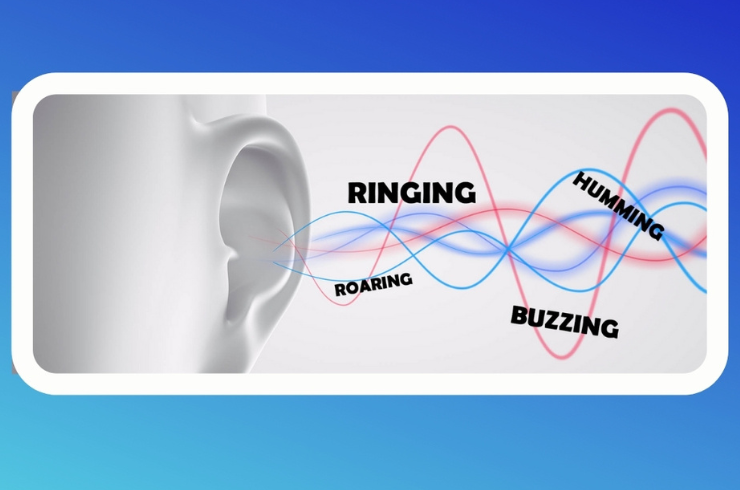
Tinnitus is a condition that causes you to perceive sounds that are not actually present. These sounds can vary in pitch and tone—ranging from ringing, buzzing, and clicking, to hissing, roaring, or whistling. Most often, tinnitus is something only the affected person can hear, and it can occur in one or both ears, or even in the head.
The exact cause of tinnitus is not always clear, but several factors are commonly linked to its onset, including:
In some cases, no clear cause is identified, but it is important to have tinnitus evaluated by a doctor to rule out any underlying medical conditions.
You should consult an otolaryngologist (ENT specialist) if you experience any of the following:
Diagnosing tinnitus typically involves:
While there is no cure for tinnitus, several treatments and strategies can help manage the condition:
While tinnitus can be challenging to live with, many people find relief through a combination of medical treatments and lifestyle adjustments. If you experience persistent tinnitus, it is important to seek help from a healthcare provider to manage your symptoms and improve your quality of life.
Schedule your consultation today and start your journey to better health!